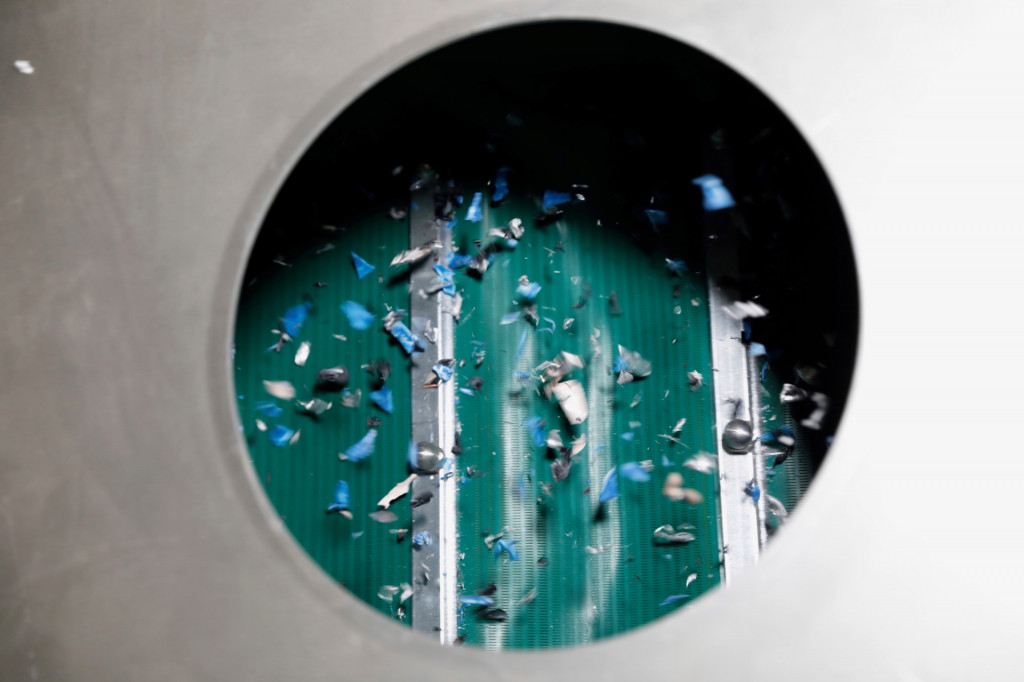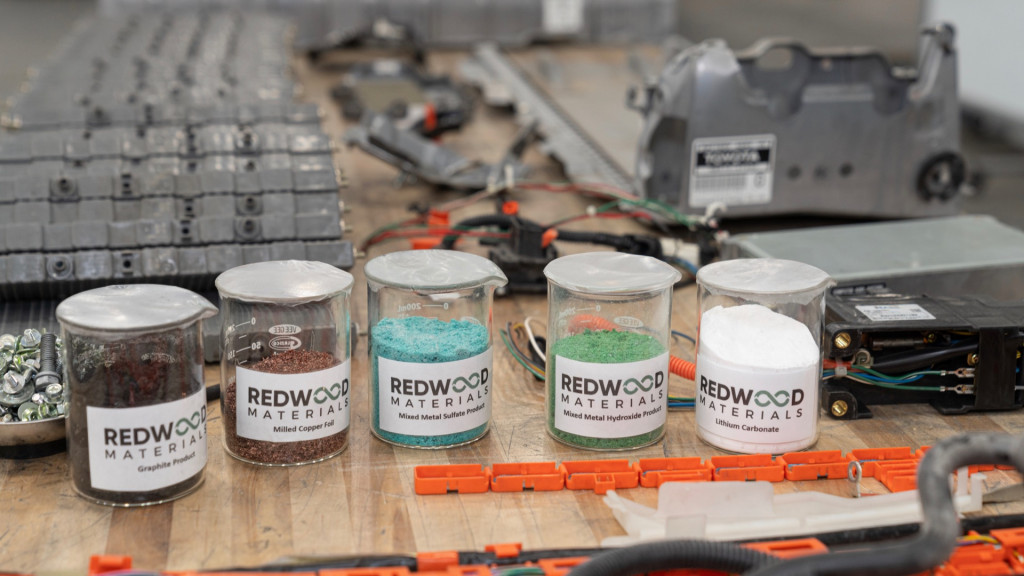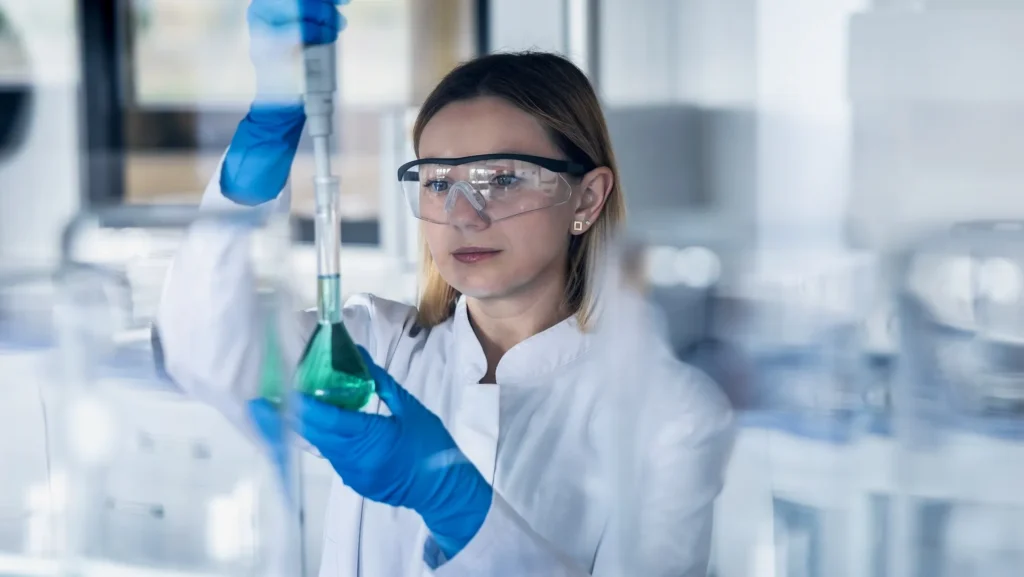Researchers in China have reportedly developed a groundbreaking process for recycling lithium from used electric vehicle batteries. According to a study published in the German journal Angewandte Chemie, the researchers were able to recover 99.99% of lithium, as well as significant amounts of nickel, cobalt, and manganese from the batteries.
The process, known as “neutral leaching,” not only maximizes lithium recovery but also eliminates the use of harsh chemicals, making it safer and more environmentally friendly. Laboratory tests showed that the process could separate the desired battery materials in just 15 minutes.

Volkswagen battery recycling
The study used glycine, a simple stable amino acid, as part of the recycling process. This alternative to traditional amino acids could help prevent further chemical reactions once the lithium and other materials have been extracted.
While laboratory research does not always translate directly to commercial applications, the interest in battery recycling is growing among automakers. By recycling used batteries, companies can reduce costs and minimize the environmental impact of mining for new raw materials.

Toyota and Redwood Materials battery recycling
Automakers like Toyota, BMW, Ford, and Volkswagen Group are already partnering with recycling firms like Redwood Materials to repurpose battery materials for future EVs. While the transition to recyclable batteries may take time, the long-term benefits for the environment and the industry are promising.

